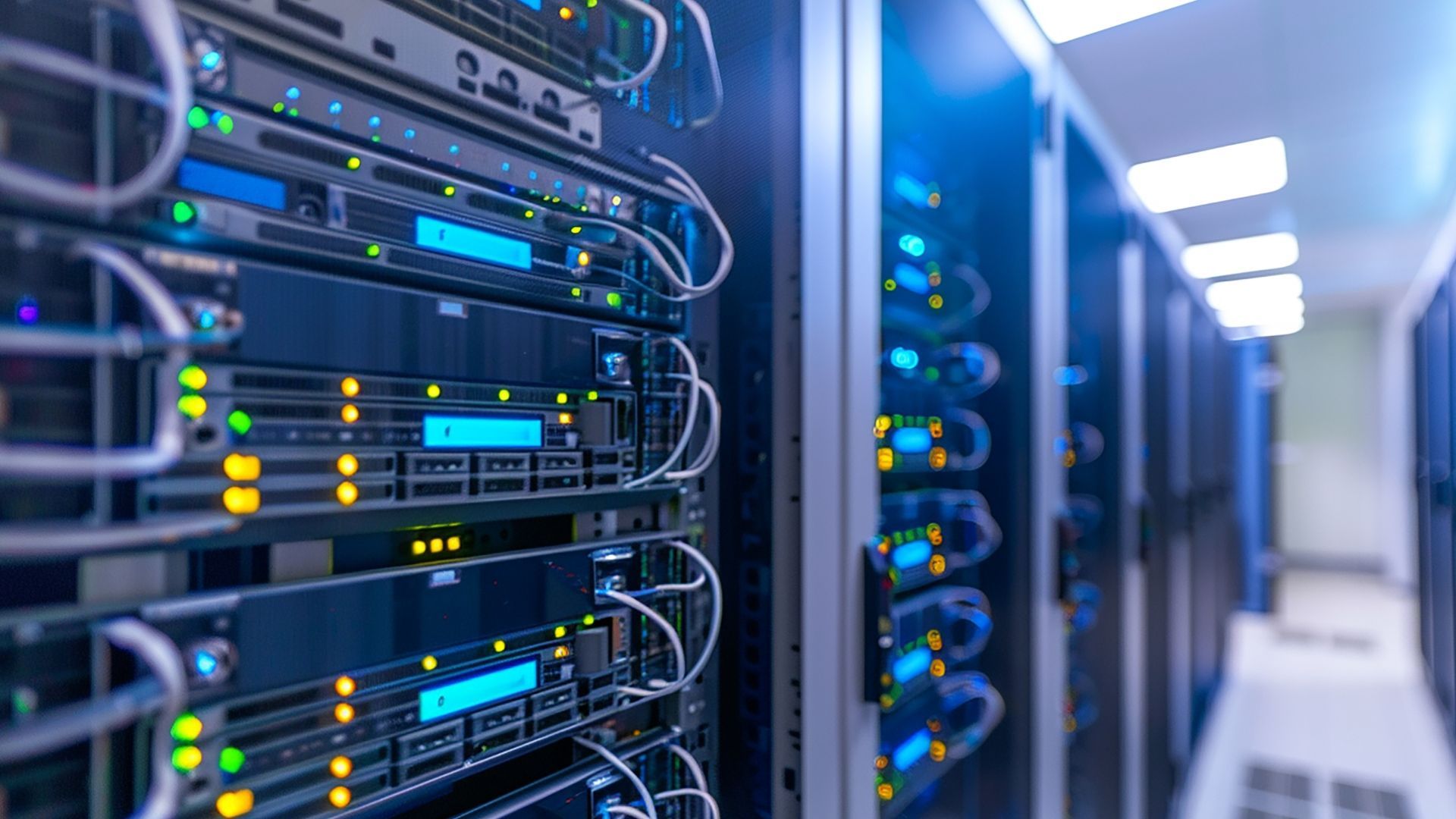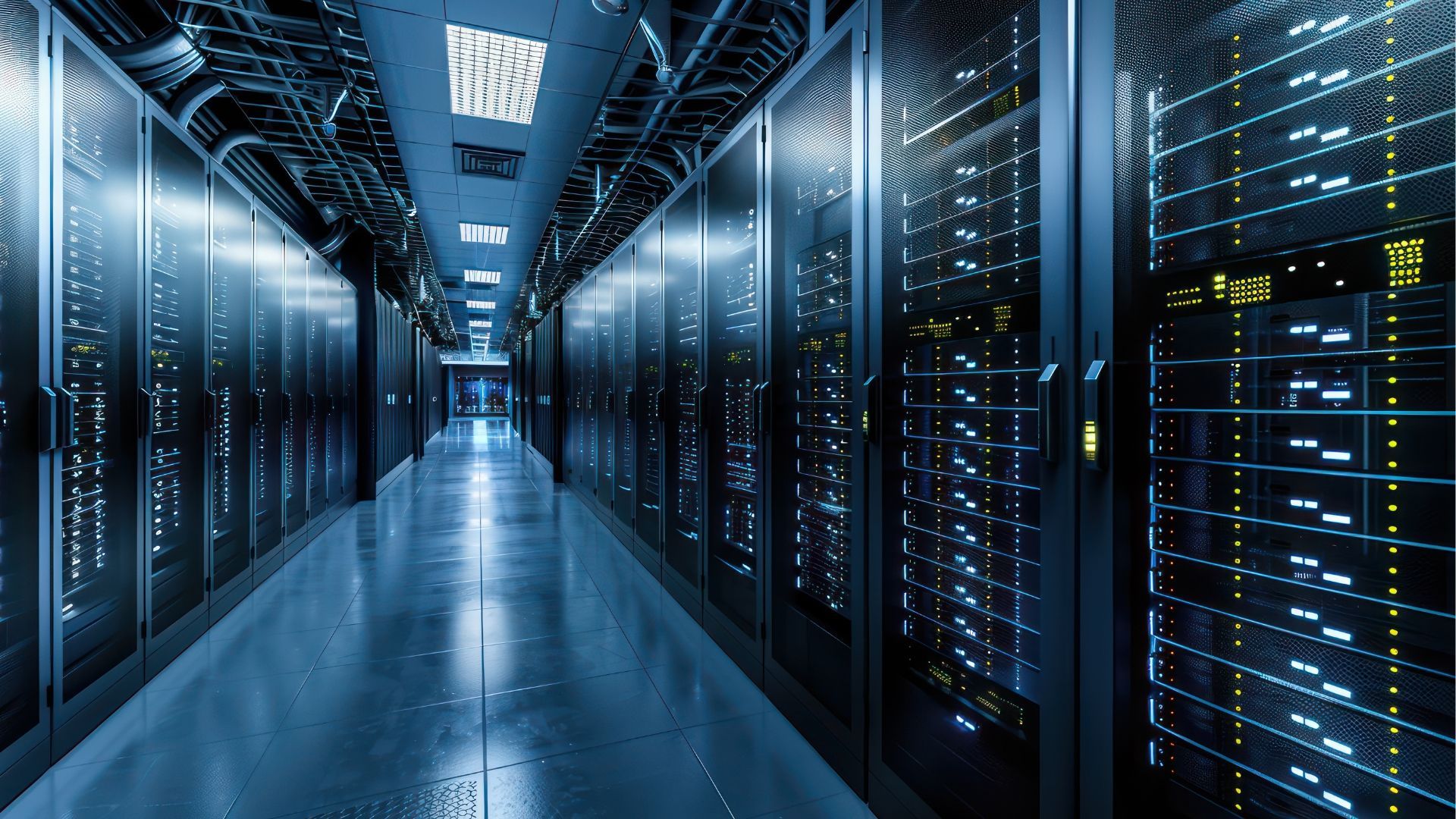Cloud computing and IoT: how the two technologies are revolutionising business
It's been predicted that there will be over 50 billion IoT devices in use by 2025. Discover how this technology can be harnessed to help your business grow.
In the early 1980s, graduate students at Carnegie Mellon University in Pittsburgh, Pennsylvania had a bright idea.
They had a problem. How could they know that their favourite vending machine had enough soda to justify a journey? Was there any way of making sure they didn't shlep across campus and return empty-handed?
Their solution was the first known example of the "Internet of Things". While it's something of a broad-brush term, the Internet of Things covers any device or gadget that's hooked up to the internet.
Using a light sensor and some nifty coding, the guys at Carnegie Mellon were able to use the ARPANET – an early version of the internet – to keep tabs on the vending machine from afar.
No longer the victims of chance or their fellow students' soda habits, they were now equipped with the data they needed to avoid wasted journeys.
One of the students remarked: "There was a running joke about how your toaster was one day going to be on the internet. People laughed at that."
Well, it might still raise a smile, but you can now buy a Bluetooth-enabled "smart toaster" that's controlled by a smartphone app.
There are plenty of IoT solutions for consumer problems, from smart fridges to smart thermostats, from Siri to Alexa. But this new technology can also be used to transform business in a range of sectors.
Before we take a look at some use cases, you might be wondering: what's the cloud got to do with it?
How cloud computing and IoT are connected
Where does data live? It used to be in paper folders. Then it was on hard drive folders and disks. Nowadays, it resides on the cloud – and unlike the folders of yore, it can be accessed from anywhere with an internet connection.
IoT devices spit out an incredible amount of data. Cloud computing provides the storage and "compute" – processing power – needed to stow it away.
How can it transform business?
How do you know if a customer enjoys your product? You can nag them to fill in a survey. Or you could assemble another focus group and generalise from the results.
The Internet of Things can help you find out more quickly and at a lower cost through what's known as "product intelligence".
In this context, "intelligence" doesn't mean "smartness" – it's more like intel being sent back to base.
If you have an iPhone, for instance, you're constantly feeding Apple with data about how you use your phone. This data can then be collated, analysed and put to work, meaning the next product is designed with real-life user experiences in mind.
Developing and selling smart versions of existing products, then, is a great way to have "always on" customer feedback – and can help you to gain a competitive advantage.
A similar principle applies to the world of manufacturing. If machinery is hooked up to the internet, it can be continuously monitored. This means management can make quick changes in the event of disruption or downtime – no more waiting for the technician to call and explain the issue.
Colgate-Palmolive, for instance, installed wireless sensors on 2,000 machines that collected performance data on their tube makers (among other bits of equipment). If there was an unwanted rise in temperature, staff would be alerted immediately.
The company claims that this "predictive maintenance" solution saved them around 200 hours of downtime – the equivalent of 2.8 million tubes of toothpaste. It's all about visibility, whether you're making toothpaste or managing a fleet of trucks. How do you know where people are, how they're performing and how their equipment is doing?
The world of transport
The world of transportation is one of IoT's success stories. Managers can track fleets, meaning fewer delays, greater fuel efficiency and arguably better driver performance.
Remote-controlled, heavy-duty door locks are keeping cargo safe, while volumetric cameras measure and map how much space is available.
In Hamburg, Germany, the Port Authority integrated more than 500 IoT sensors into a bridge, allowing them to monitor traffic and issue alerts at the drop of a hat. The sensors also provide data on the bridge's condition and predict when maintenance is needed.
Agriculture
In Darling Downs, Australia, farmer Adam McVeigh wanted to make water savings. He made the switch from traditional "flood irrigation" to overhead pivots, which he operates with "FieldNET" technology from his iPhone.
Now he doesn't have to drive two hours to get to a field. He can monitor the whole irrigation system from his phone.
This means his decisions are driven by data – data about soil moisture, rainfall and other factors that affect his irrigation schedule.
Now, McVeigh can remotely switch off his machines if there's a chance of flooding – a clear advantage which is only possible thanks to the Internet of Things.
IoT security
If it's on the internet, it can be hacked.
In 2017, cybercriminals hacked an unnamed casino and pilfered its customer data. How did they do it? Through an internet-connected thermometer in the casino's fish tank.
All a hacker needs is a weak point in a network – and the more complicated the network, the more possible points of access there are.
So how can businesses guard against security threats when their network has to accommodate everything from laptops to thermostats to XR headsets?
Well, security solutions are getting more advanced. Increasingly, we're seeing solutions underpinned by the "principle of least privilege" and "zero trust". These are related concepts that essentially treat every user as a potential threat. No one has access to anything by default.
This doesn't mean that cyberattacks never succeed. Companies need to be vigilant and flexible with security. But as networks grow more complex, so too do security solutions.
Ascend is a
VMware cloud solutions provider based in Ireland. Want to know more about our cloud migration and consultancy services? Don't hesitate to
get in touch.












